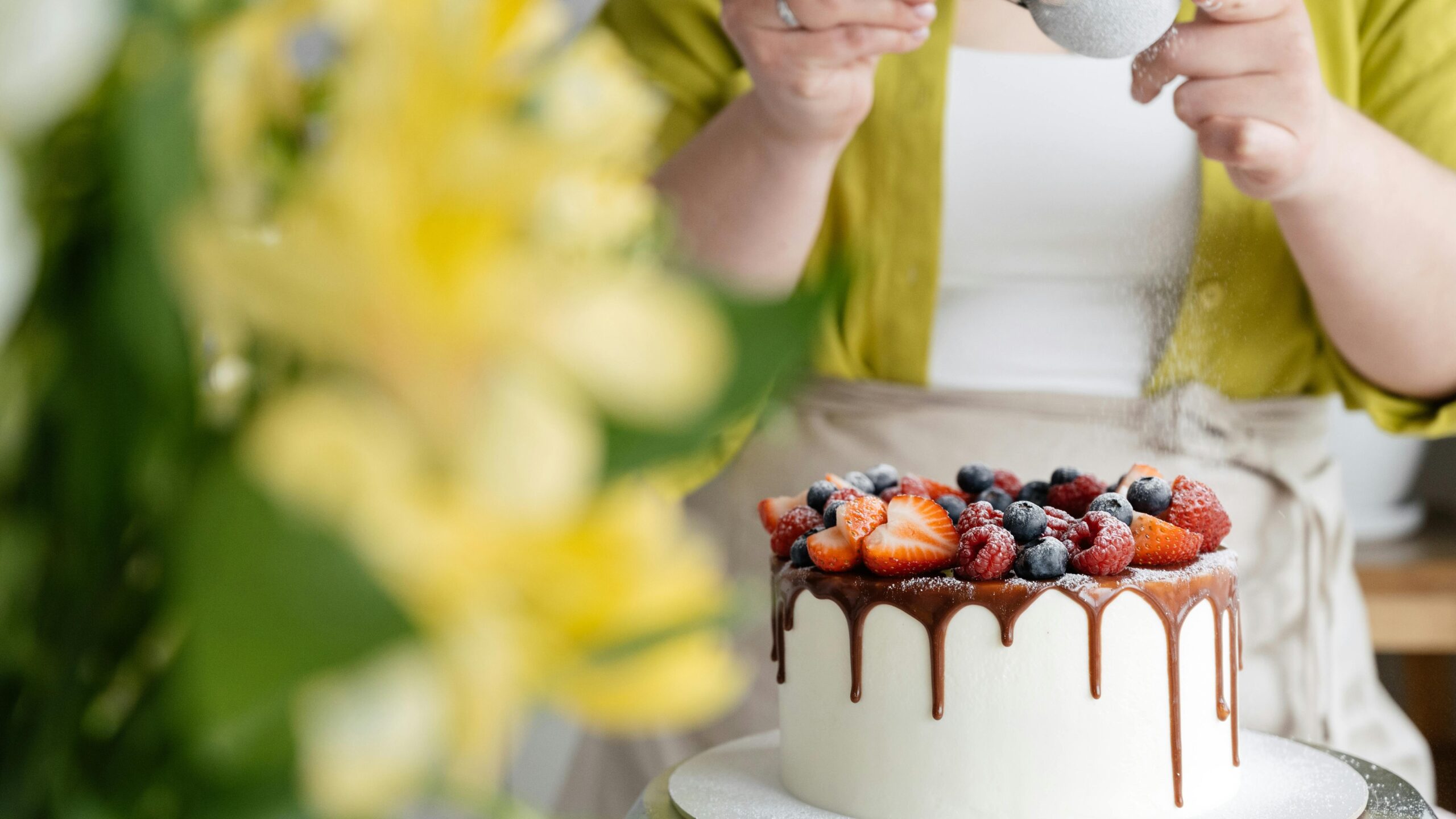
Why the best love is unequal
Families, and economies, work better when we’re prepared to love more. Elizabeth Oldfield explains.
Let’s start with this beautiful poem, “Unequal Love”, by Kathryn Simmonds:
So I watch you from the window
crossing shadow into sun,
the grass is high, you wade in deep
as if your eyes were on someone
say you’ll never turn forever,
never hurt your fond old thing
never find it’s me who’s calling
lift the phone and let it ring
You will of course, I had a mother
she was frail with love like me,
she stood at a kitchen window,
thought these thoughts, saw what I see.
Windows, gardens, children, mothers
time can offer no reprieve
love’s unequal, love’s forgotten,
kiss their faces, let them leave
I love this poem. The tenderness (frail with love, fond old thing) increases the pathos with which it lands for any parent. It might strike equally hard for any adult child who has felt guilty about shrugging off their own mother, lifting the phone and letting it ring. It’s so raw, so courageously unflinching in the face of parental vulnerability. Kiss their faces, let them leave. Ooof.
Powerful love like this, when it’s healthy, flows mainly forward, down the generations. Those of us who procreate know the shock of experiencing for the first time the strength of it, and if we’re lucky marvel that we could have received it and taken it so lightly. We can feel grateful, love our parents in our turn, but never return it like for like.
It’s made me think about the power of unequal love generally, of being prepared to be the ‘more loving one’, as in another poem by W.H.Auden. It’s expected in parenting, but elsewhere is out of fashion. We are told to pay attention to what we deserve, to make sure our relationships are equal. Or at least women are.
Ever since the publication of Women who Love too Much in 1985, women have been gently scolded for being too caring, too quick to look after the people around them. We roll our eyes at the person who reminds others to pack a jumper, worries too vocally about others wellbeing.
Liberation for women, we’ve been told, looks like caring less.
Care is coded as low status, and, when professionalised, rewarded accordingly. It’s inversely related to power. The person in the office who remembers the birthdays and bakes the cakes (has this ever, in the whole history of the world, been a straight man? I’d love to hear it, if so) is rarely also the person taken seriously, promoted for their competence. It’s yet another way centuries of gender inequality leaves cultural traces even as we make structural advances.

When I was leading a team made up primarily (at one point) of men, various coaches cautioned me against ‘becoming mummy’. We worked together on what it meant to lead as a woman with over-developed pastoral instincts, who felt a strong desire to look after her team as well as Get Stuff Done.
At least one coach felt that effective leadership required suppressing these things, leaning more (in my mind) into the Distant Dad archetype, being the person who doles our rewards and punishments.
There is always a risk in leadership, of course, of being too ‘nice’, not holding people to account, allowing incompetence or inappropriate behaviour to just sag along, affecting everyone else, but that wasn’t my association with good mothers at all.
I did feel, deep down, that part of my calling was to be a Mama Bear and protect my people, to name the talent and capacity I saw in them and make an environment safe enough for them to become more fully themselves. To be clear and kind about boundaries and expectations, then get out the way as they grew. To see many of them grow right on past me, and move onto greater things.
A good mother, like the leader I wanted to be, is not smothering, but empowering.
I am fed up of women being told that they should care less, love less. I am done with the mother archetype meaning naggy and annoying, not fiercely grounded and liberatory. The care we receive defines our lives, is the fundamental factor in our ability to thrive.
Whether we receive it from men, women, parents or friends, it is those rooted enough, sure enough of their own belovedness that they do not need to demand it back like for like, who make the world turn. Generous, openhanded care means there is enough love to go around. The steadiness of the person who can stand at the window, kiss their faces, let them leave, is something I aspire to.
This can all, obviously, tip into martyrdom, poor boundaries and burnout. There are good intentions behind the warnings about loving too much. Allowing yourself to be taken advantage of is not the same as soul growth. And no one wants to be smothered.
But in many circles the fear of these things has swung too far. I think an openhanded, non-transactional approach to love and care, especially when approached collectively, can function like a gift economy.
In anthropological terms, gift economies are societies in which “goods and services are given without any explicit agreement for immediate or future quid pro quo…. This can be considered a form of reciprocal altruism. Sometimes there is an implicit expectation of the return of comparable goods or services, political support, or the gift being later passed on to a third party. However, in what is considered to be in the true spirit of gift economics, many times giving is done without any expectation of reciprocity.”

The concept was brought to a non-anthropological reading public by the book The Gift, by Lewis Hyde, which applies the concept to creative practice. He writes beautifully about the way living in gift (which I guess could just mean living generously) allows a flow, a sense of openness and abundance in a way carefully measured transactions do not:
“Circular giving differs from reciprocal giving in several ways. First, when the gift moves in a circle no one ever receives it from the same person he gives it to…..A market exchange has an equilibrium or stasis: you pay to balance the scale. But when you give a gift there is momentum, and the weight shifts from body to body.”
It is essentially paying it forward, and in Hyde’s description sounds a lot like a dance.
To participate properly in a gift economy you need to be willing to give freely, without expectation of return, but importantly, also receive freely, without feeling the need for repayment.
It’s a huge mental shift, for those of us formed by the tit-for-tat, transactional, individualistic societies of secular modernity. Both requirements can be equally challenging, and which one is harder will depend on your temperament and socialisation.
It may mean for (some) women practising receiving as well as giving, and for (some) men practising sacrificial, nurturing care of others. I am increasingly convinced that part of growing up our souls for the times which are coming means intentionally developing these habits, especially the one we most resist.
As with most of the practices and postures my soul craves, this works much better communally. In fact I don’t know whether it would be wise to attempt to live in this way alone. As Hyde says: “When the gift moves in a circle its motion is beyond the control of the personal ego, and so each bearer must be a part of the group and each donation is an act of social faith.”
We are privileged to be part of a tiny intentional community in which we can practise these things, and a bigger church community where this approach is most often the default. I don’t know what it means to adopt a ‘gift economy’ approach to love and care (and indeed, actual gifts) in other contexts, but I have a hunch some readers of this article will.
The vulnerability of the parent in the poem is real, and they will, most likely, get ‘hurt’ by the inequality of love. My hope is that they received, still receive, unequal love from other people, that the momentum and the flow is worth the occasional sadness.
I want a world where we mother – or parent – each other. Because none of us is an adult all the time.
But I may be playing down the risks. Maybe the office cake baker is not paying it forward, contributing to an abundant system of social faith, but just perpetuating old unhelpful patterns.
This is a slightly edited and abridged version of an article which first appeared in Elizabeth Oldfield’s Substack blog Fully Alive. For the original article, click here. It is republished in Adamah Media with the author’s permission. The poem by Kathryn Simmonds comes from the collection Scenes from Life on Earth which Elizabeth published on her blog with the author’s permission.
Like what you’ve read? Consider supporting the work of Adamah by making a donation and help us keep exploring life’s big (and not so big) issues!
Elizabeth Oldfield
Elizabeth Oldfield writes the Substack blog “Fully Alive” (https://substack.com/@morefullyalive). She writes about tending to our souls, staying loyal to our values and seeking spiritual core strength in these trembling times.

